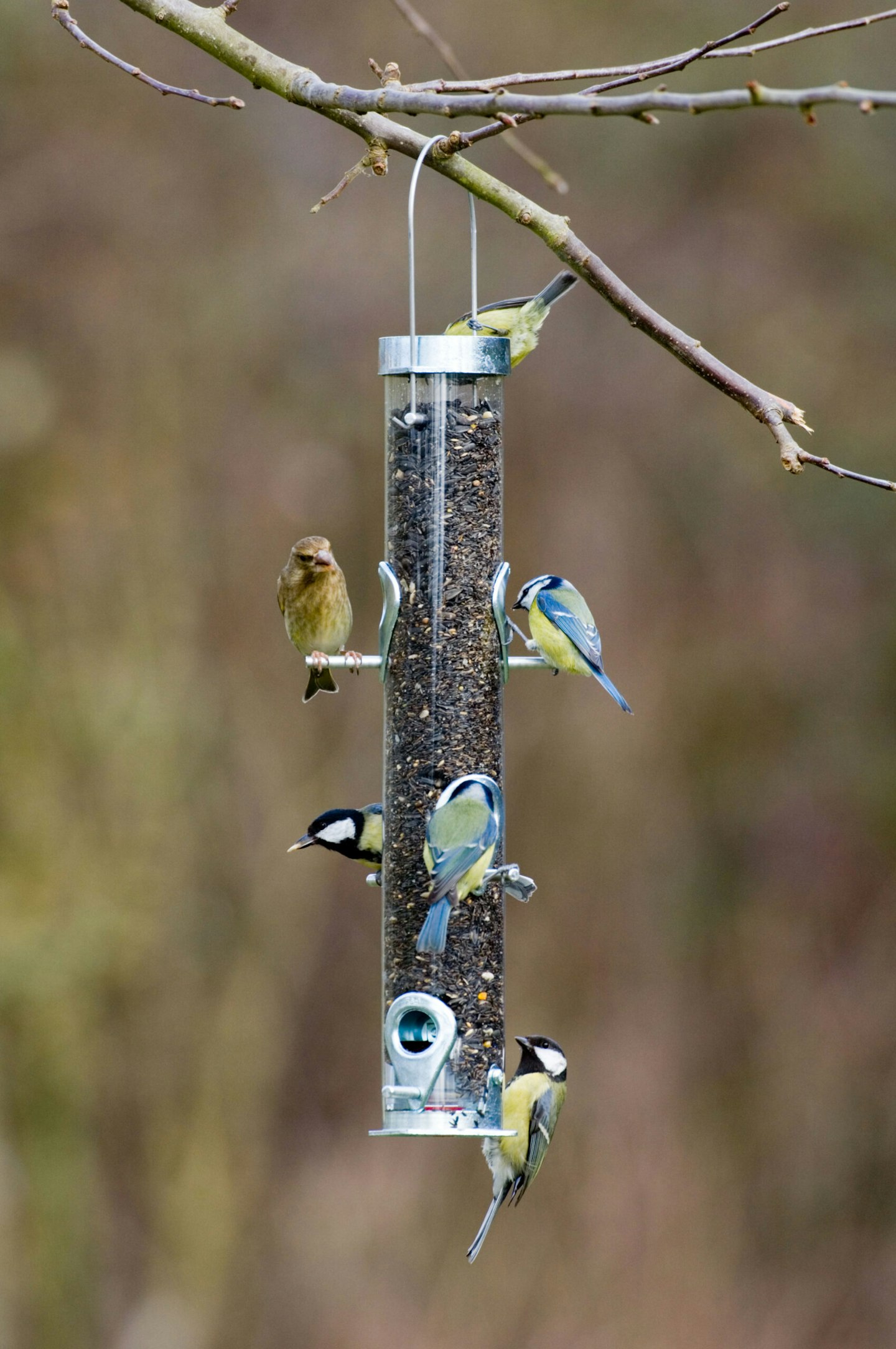Sign up for Big Garden Birdwatch 2024 and help track how our garden birds are doing
It’s that time of year again, when the RSPB asks birdwatchers across Britain to record the species that visit their garden as part of the Big Garden Birdwatch. The 2024 event takes place on 26-28 January – those taking part are challenged to spend an hour watching their garden. You only record the birds that actually land on your chosen patch, and the highest number seen at any one time.

The information is then submitted to the RSPB website, and helps provide a snapshot of how different species are faring, guiding future conservation strategies by flagging up any surprising declines or increases. You don’t have to be an RSPB member to take part, and if you don’t have your own garden, you can use a balcony, or a local park or green space. Schools are also encouraged to take part.
Last year, more than half a million people took part, counting more than nine million birds. House Sparrow was the most commonly recorded, although its numbers are down by a worrying 57% compared to the first BGBW in 1979. Blue Tit, Starling, Woodpigeon and Blackbird were the next four most commonly recorded species.
Around 38 million birds have been lost from the UK in the last 60 years, so the survey, and the work that it helps to inform, is vital to slowing, halting or even reversing at least some of the declines. The survey also helps track more short-term fluctuations in bird numbers. For example, the UK Red list for Birds keeps track of population trends in 245 species, with birds listed as ‘Red’ deemed most at risk. In 2021, Greenfinches moved onto the Red List for the first time.
Back in 1979, Greenfinches came in at number seven, but in 2023 they were down to 18. This demonstrates the devastating population declines seen because of a disease called trichomonosis, which is also now affecting Chaffinches. You can help stop the spread of this disease by removing old food and cleaning your bird tables, bird baths and feeders weekly.
For further advice on feeder hygiene, go to:
www.rspb.org.uk/whats-happening/news/keep-your-garden-birds-healthy
To take part in the Big Garden Birdwatch, go to:
www.rspb.org.uk/whats-happening/big-garden-birdwatch for full details and to get your free guide.